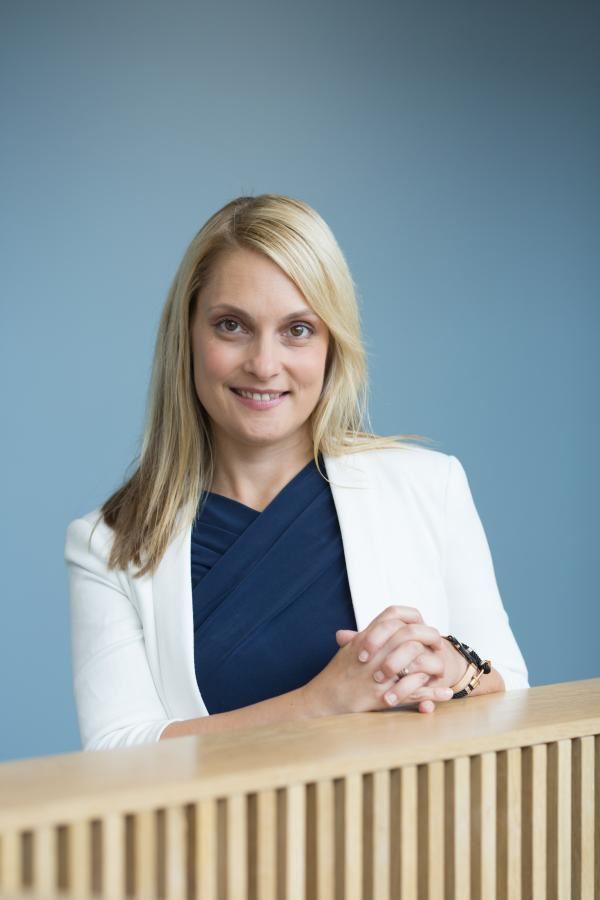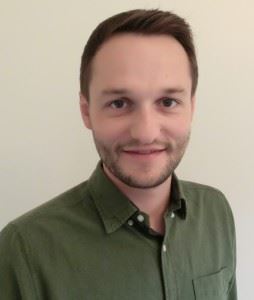Alenka Jelen-Sanchez (Chair of the Task Force) and Thomas Allmer (Vice-Chair of the Task Force)
 Recent economic and political changes that have been taking place at universities across Europe have attracted widespread criticism for their negative impact on academic culture, labour and knowledge generation. This is reflected in a growing academic literature investigating these transformations in the context of neoliberalism and the rise in the interweaving of private and public providers. Within universities, a new entrepreneurial and managerial spirit has resulted in the implementation of market-driven rules and competition. Educational institutions aim to respond to market demands whereby the public character of education and research tends to fade away. Critical scholars speak about ‘academic capitalism’ (Slaughter & Leslie 1999), the ‘corporate university’ (Giroux 2002), ‘Uber.edu’ (Hall 2016), and a ‘fast academia’ with always-on cultures.
Recent economic and political changes that have been taking place at universities across Europe have attracted widespread criticism for their negative impact on academic culture, labour and knowledge generation. This is reflected in a growing academic literature investigating these transformations in the context of neoliberalism and the rise in the interweaving of private and public providers. Within universities, a new entrepreneurial and managerial spirit has resulted in the implementation of market-driven rules and competition. Educational institutions aim to respond to market demands whereby the public character of education and research tends to fade away. Critical scholars speak about ‘academic capitalism’ (Slaughter & Leslie 1999), the ‘corporate university’ (Giroux 2002), ‘Uber.edu’ (Hall 2016), and a ‘fast academia’ with always-on cultures.
The performance and quality evaluations at universities are increasingly driven by an elaborate set of monitoring procedures. These include, but are not limited to, grant income, citation scores, workload models, transparent costing data, research and teaching ‘excellence’, student evaluations, employability scores, impact factors and commercial university league tables. The proliferation of the latter in particular triggered a culture of naming and shaming. It has been argued that surveillance culture and audit regimes have led to a new psyche and structures of feeling at universities that include individual pressure, anxiety and threats. Indeed, stress and burnout levels among academic staff are now comparable with ‘at risk’ groups, such as health care professionals and police officers.
These structural transformations have had several impacts on working conditions, practices, work relations as well as overall academic culture and politics. The intensification and extension of work, increasing teaching and funding pressures, disrupted work-life balance, casualisation, precariousness, self-exploitation and self-marketing are becoming everyday life in academia. These are fostering systems of power with structural inequalities that disproportionately affect early career scholars, women, people with disabilities and ethnic minorities. Several studies have shown that intersectionality is a pervasive issue in academia; those who work on research-only contracts, work part-time, have up to five years’ work experience, are female and under the age of 40 as well as non-white are most likely to be on temporary contracts, struggle with career progression, and are paid less than their counterparts.
conditions, practices, work relations as well as overall academic culture and politics. The intensification and extension of work, increasing teaching and funding pressures, disrupted work-life balance, casualisation, precariousness, self-exploitation and self-marketing are becoming everyday life in academia. These are fostering systems of power with structural inequalities that disproportionately affect early career scholars, women, people with disabilities and ethnic minorities. Several studies have shown that intersectionality is a pervasive issue in academia; those who work on research-only contracts, work part-time, have up to five years’ work experience, are female and under the age of 40 as well as non-white are most likely to be on temporary contracts, struggle with career progression, and are paid less than their counterparts.
Within this environment, communication scholars who in several contexts still struggle to establish disciplinary legitimacy and the credibility of communication studies find themselves in a less than favourable position. Communication studies is often treated as a ‘cash cow’ that attracts students, but is not a ‘real science’ and thus receives limited investment and research funding from national and European funding bodies. Not having resources and capacity to perform at the level of more established disciplines, particularly in terms of research ‘excellence’, citation scores, impact and income generation, communication studies often finds itself at the bottom of disciplinary hierarchies within university systems.
However, these transformations, conditions and institutional contexts in which academic labour is taking place are often considered simply as a ‘taken for granted’ backdrop. The experiences of academics in communication studies (and beyond) have somehow largely escaped critical attention, while the experiences of work in other sectors, such as the cultural and creative industries are well documented. There is still a lack of understanding of labouring subjectivities in academia, as well as a lack of analysis of how the existing conditions are experienced by communication scholars.
The aim of this task force is to explore and map patterns of working conditions, culture and practices in neoliberal academia across Europe, and to produce guidelines and policy documents for ECREA and its members as well as policy-makers at a European level.
The Task Force will aim to address the following questions:
- How do different working contexts and conditions in academia shape feelings of autonomy, flexibility and reputation on one hand and precariousness, overwork and dissatisfaction on the other?
- In which way are the working conditions of academics characterised by intensification and extension in the digital domain?
- What are the broader political realities and potentials in terms of solidarity, participation and democracy at universities?
- What implications do neoliberal trends in academia have on the quality of academic work, creativity, innovation and knowledge production?
- How do working conditions at higher education institutions, such as precariousness, workloads, control mechanisms, and intersectionality influence communication scholars, their experience, and their mental and physical health? And how do they influence their work relations and institutional politics?
- And last but not least; what can or should ECREA do to tackle these issues and advocate its position at the European level?
This Task Force is being established at a very critical moment with increasing pervasiveness of job insecurities, pressurised workloads, business-driven management, control mechanisms, mental and physical health, and structural inequalities within higher education. These tend to have an impact on individuals’ economic security and control as well as relationships with other colleagues and the wider politics and culture within universities. With this Task Force, we are hoping to address these issues, challenge and resist changes that are worsening the position of communication scholars and identify solutions for academic environments that protect the integrity, intellectual creativity and wellbeing of communication scholars.